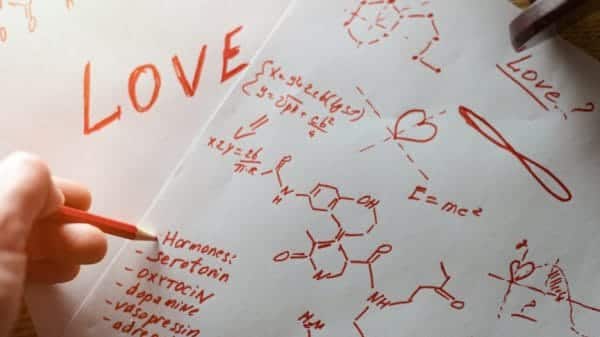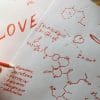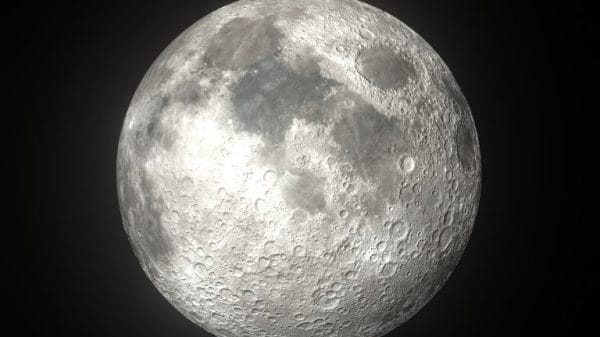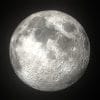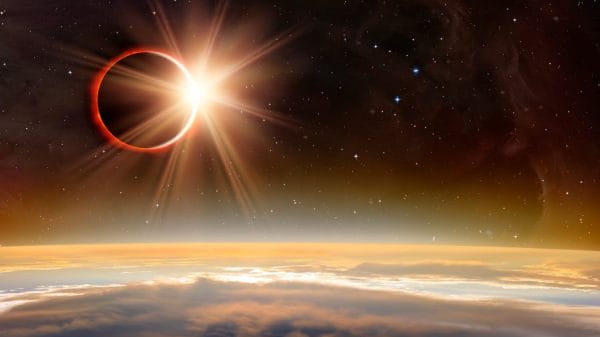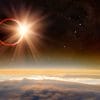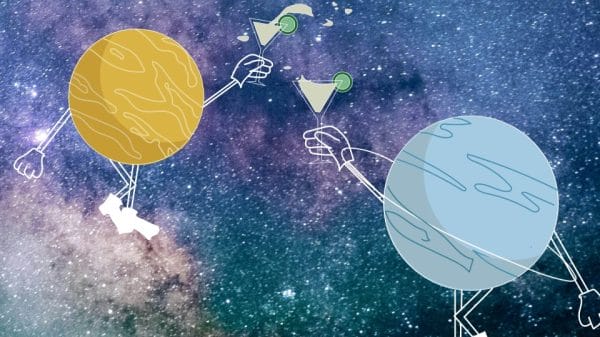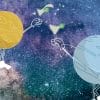NASA has recently confirmed that outside of the solar system there are over 5,000 planets.
Many of the planets discovered have similar formations to Earth including rocky terrains and others are large gassy planets that are larger in size than Jupiter. The number of exoplanets in the archive has increased by 65 bringing the total to 5,005.
This exciting discovery means that we could be on the way to finding signs of intelligent life.

Researchers have also discovered ‘mini-Neptunes’ and ‘super-Earths’ during their investigation.
In a press release on NASA’s website Jessie Christiansen, who is the science lead for the archive and a research scientist with the NASA Exoplanet Science Institute at Caltech in Pasadena, said that: ‘ It’s not just a number. Each one of them is a new world, a brand-new planet. I get excited about everyone because we don’t know anything about them.’
Amidst a host of interesting discoveries, NASA says that we are in the middle of an ‘era of discovery’. Data is being found at an increasingly fast speed thanks to projects such as the Transiting Exoplanet Survey Satellite which started in 2018.
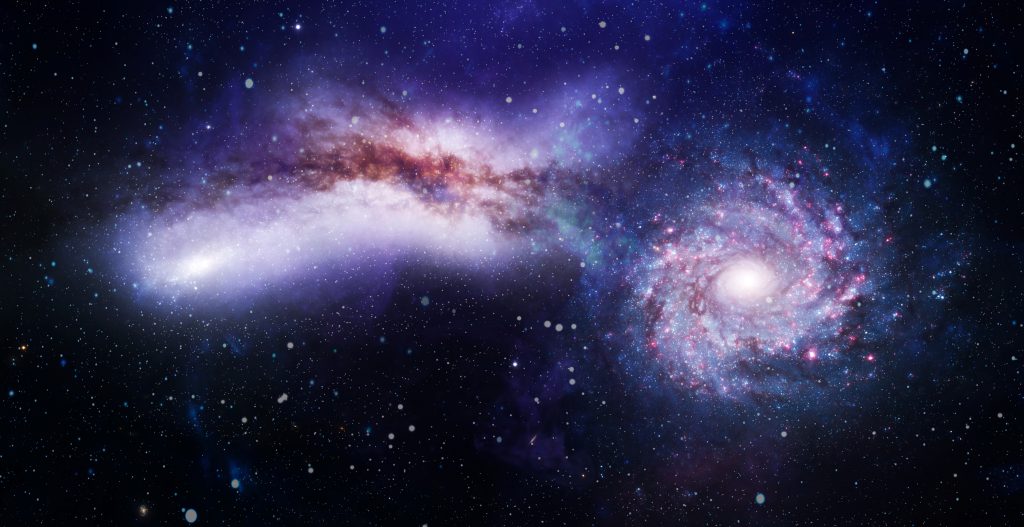
It is believed that our galaxy alone could be home to billions of exoplanets. Alexander Wolszczan led a paper into the first planets found outside our solar system over 30 years ago and is confident that we will find life out there.
He noted: ‘If you can find planets around a neutron star, planets have to be basically everywhere.The planet production process has to be very robust. To my thinking, it is inevitable that we’ll find some kind of life somewhere – most likely of some primitive kind.’
As well as focusing on life beyond Earth, scientists are working hard to protect life here too. On March 11, astronomers were alerted to an asteroid that was moving towards Earth.
A small asteroid hit the planet’s atmosphere over the Norwegian Sea before it disintegrated. According to NASA, it was just two metres in size.
Two hours before the asteroid made an impact, K. Sarneczky, who is a researcher at Piszkéstető Observatory in northern Hungary reported his observations of a ‘bright and fast-moving object’ to the Minor Planet centre.
After this initial report, the object -named Asteroid 2022 EB5- was posted on the centre’s Near-Earth Object Confirmation Page, where it was then confirmed as an asteroid but with an impact likelihood of less than 1 per cent.
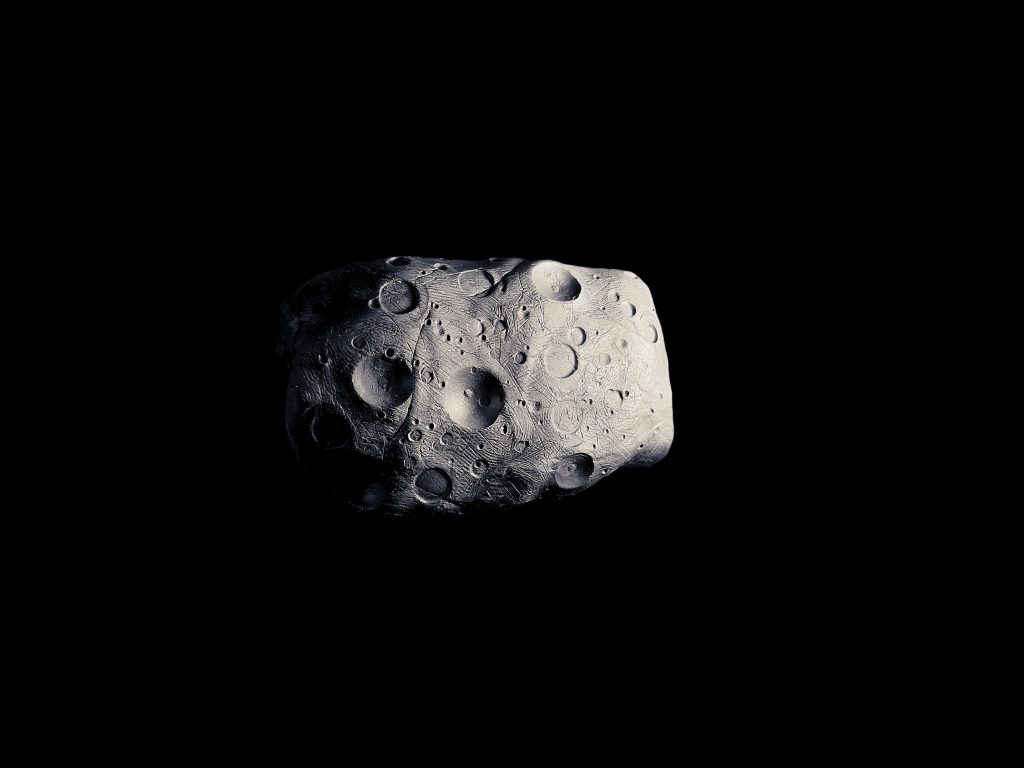
Although it was believed that the initial worry was over, the impact change then sored to 100 percent with a prediction being made that it would land near Northern Ireland.
NASA’s ‘Scout’ impact hazard assessment system took the centre’s early measurements to calculate the asteroid’s trajectory.







